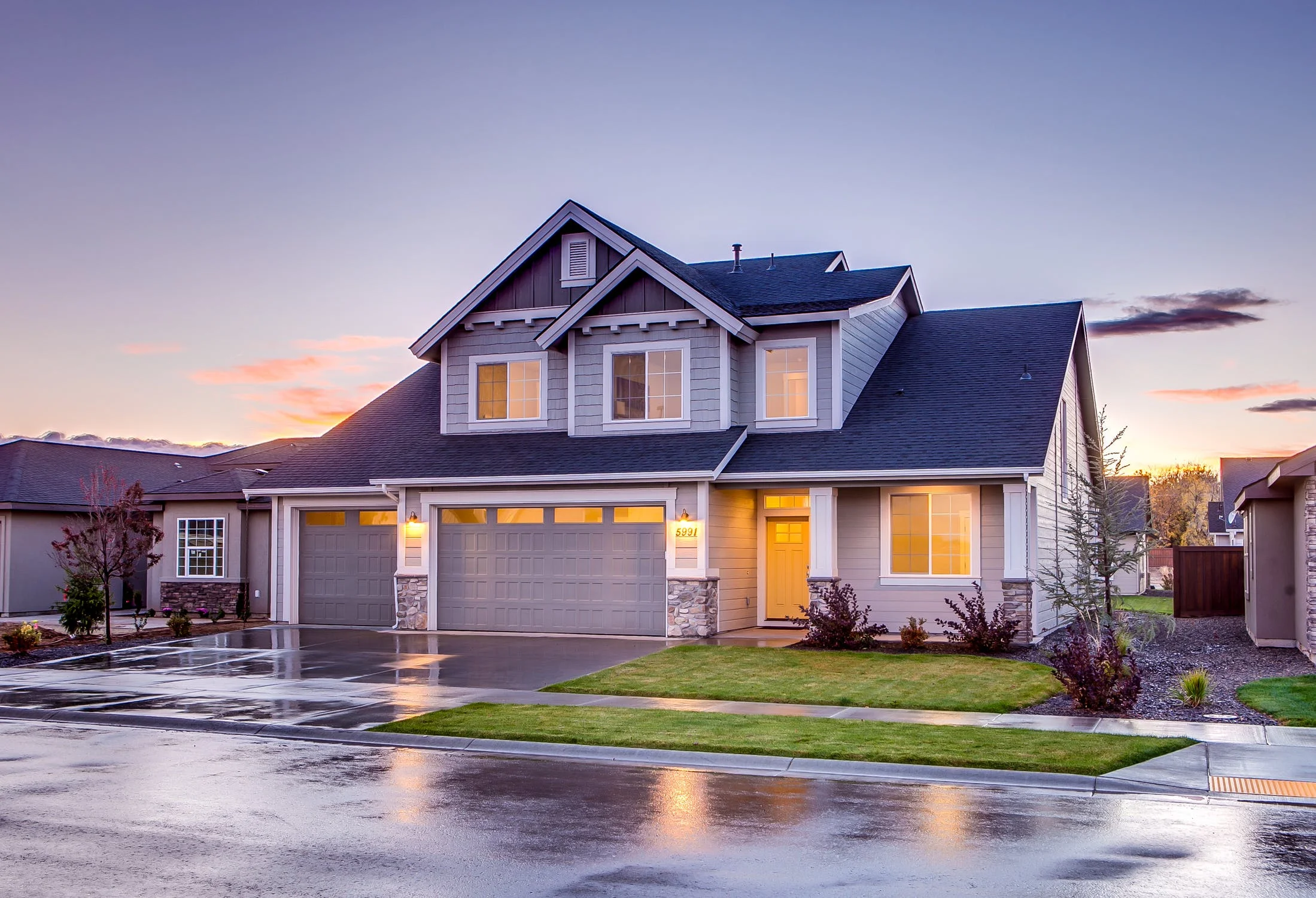The Spanish real estate market has recovered since the crisis of 2008 and there are still many opportunities. Nevertheless, when you don’t know the language and even less the rules, it is important to prepare yourself for this important step that is the purchase of a property. Spain is not so different from other European countries, but it has specific rules that must be taken into account before starting. What are the steps to buy a Spanish property? I am Lisbob, the expat assistant, and I will explain everything you need to know about buying a property in Spain.
Real estate agent
One of the first steps in buying a property in Spain is to choose a real estate agent. One of the peculiarities of the country is that the real estate market is not regulated. I strongly recommend that you use an agent who is already registered with major agencies, with this name:
GIPA: Gestor Intermediario en Promociones de Edificaciones
This proves that the real estate agent is authorized to act as such. It should also be noted that there is no legal ceiling or floor for commissions: the percentage can vary greatly from one agency to another, and care must be taken to avoid abuse.
Lawyer
In Spain, the lawyer will also play an important role in the acquisition of a property. He accompanies you legally in your investment project and this in all impartiality. The lawyer is therefore in the best position to verify that the contract is in good and due form.
He can also check the deed of ownership by consulting the register of owners (land registry) with the data of the "Statement of Ownership" provided by the real estate agent, in order to ensure that the seller is authorized to sell the property. It is also recommended to ask for proof of payment of the last property taxes. In addition to being reassured about the debts of the property, this document will provide you with important information about the property in question such as the surface area, the reference, the exact address, etc.) .
Be careful when you decide to move to Spain : a good preparation is the key to a successful project
Reservation of the property
Once the ideal property has been found, it must be reserved. This is done through the payment of a deposit, usually around 10%. Please note that it is mandatory to have a Spanish bank account and therefore a NIE in order to make this reservation.
I therefore advise you to take these steps before starting the search visits. It is common for the reservation of property to be signed by the real estate agent himself, on behalf of the seller.
Sales agreement
Once the property is reserved, it will be time to sign the sales agreement with the seller, in Spanish "contrato privado de compraventa" or "contrato de arras". This contract includes all the elements relating to the property, the seller and the buyer. The lawyer can then verify that the contract includes all the clauses and protections necessary for the sale to go through. As in France, a withdrawal clause must be included: an indemnity will be paid to the buyer if the seller no longer wishes to sell the property.
Deed of sale "escritura”
That’s it, it’s the big day, and the time to make the last and most important signature has arrived: that of the deed of sale, called "escritura publica" in Spanish. In other words, you get the keys once the funds have been sent. Both parties must appear before a notary who will verify the contract and the identity of the seller and the buyer.
It is important to understand everything that is stated in the contract: if the notary doubts your understanding then he can simply cancel the signature. If you have hired a lawyer, then he or she can be present to translate what is being said, or attend in your place via a power of attorney. Once the deed of sale is signed before the notary, the notary sends it to the property registry so that the property is registered in your name.
Important: All taxes associated with the purchase of a property in Spain must be paid within 30 days of the declaration to the property registry. Only the capital gain is at the expense of the seller.
In Spain, the cost of the notary’s deed is charged to the buyer and depends on the value of the property (usually between 400 and 1,000€).












